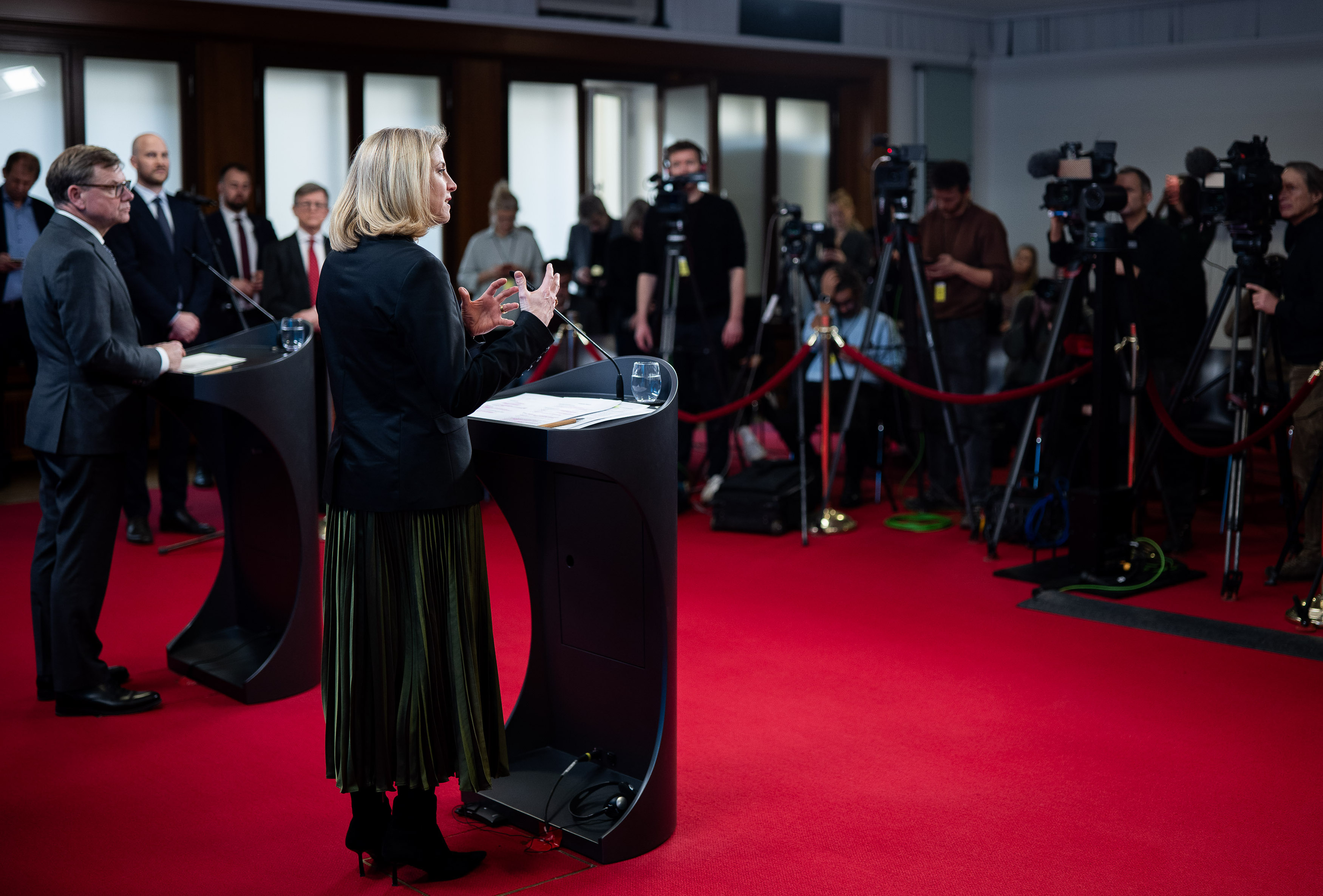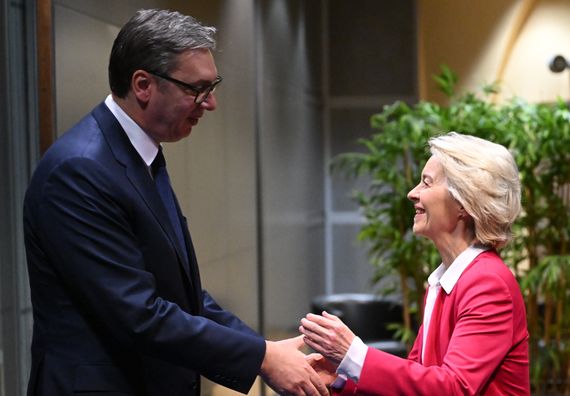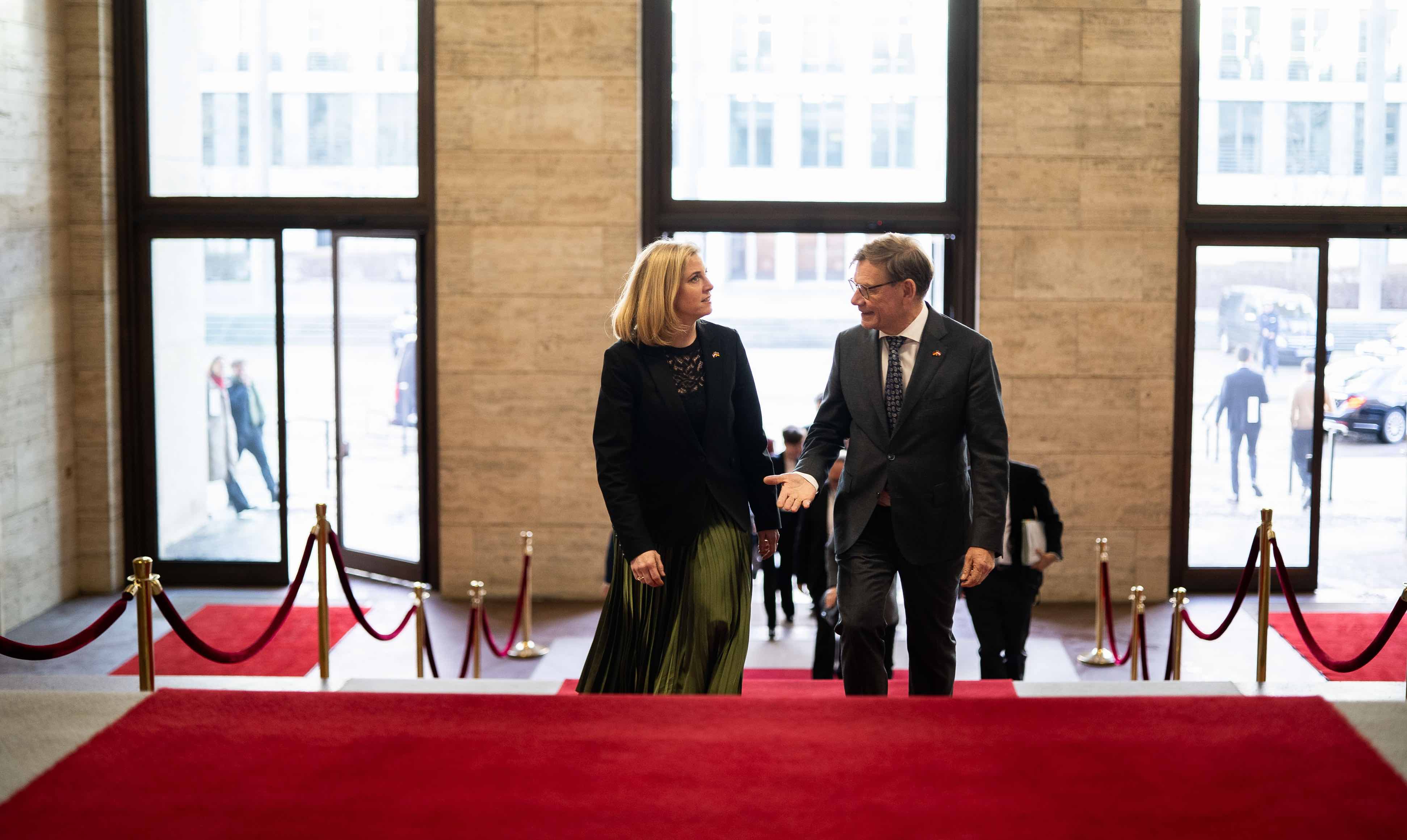diplo.news
A sea of problems
Interview by Nicolas Kaufmann
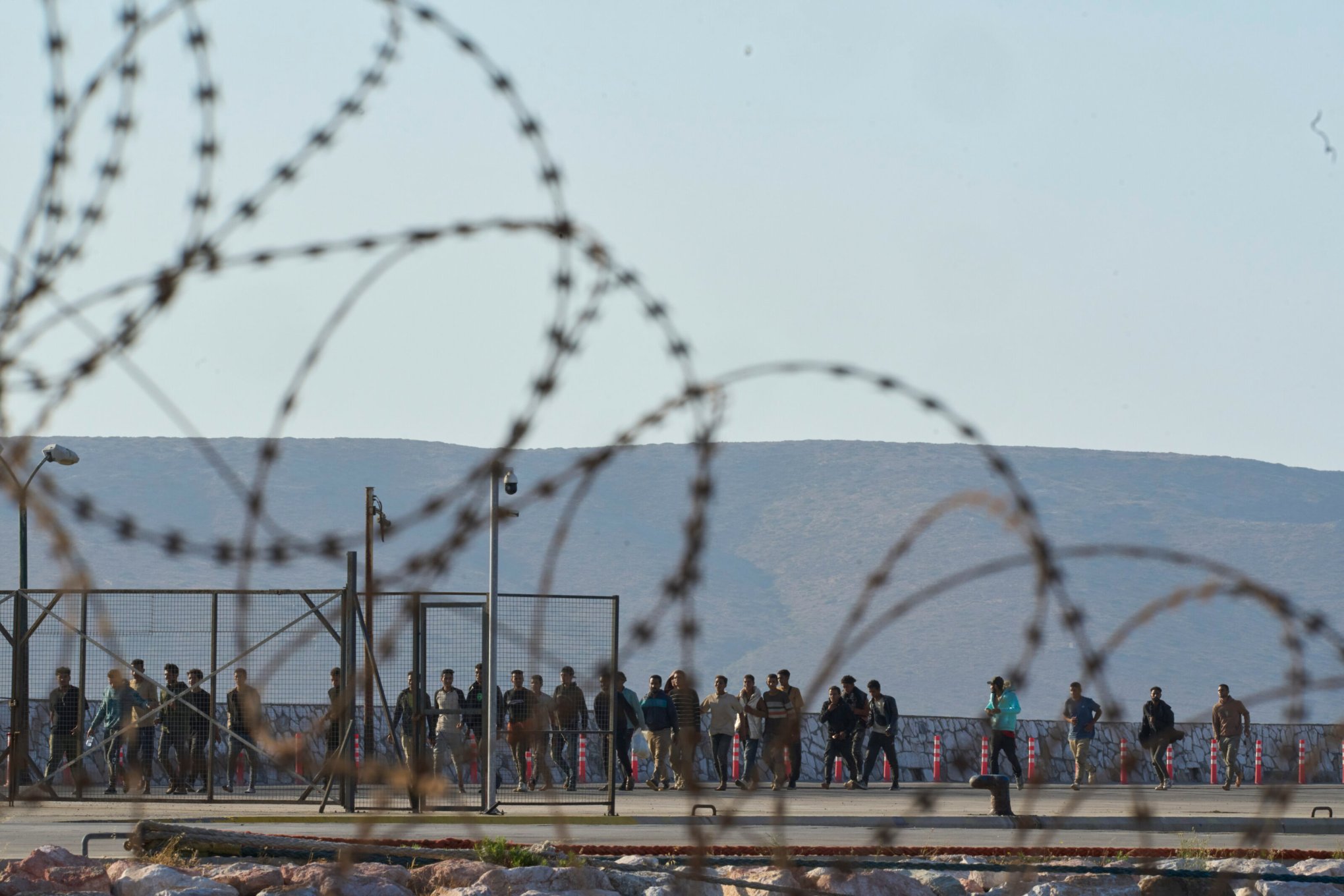
Mr. Grigoriadis, in June 2025, Greece approved a tender to explore natural gas and oil south of Crete, which led to protests in neighboring Libya. Libya - i.e. the government in the west of the country recognized by the United Nations - in turn signed an agreement with Turkey on seismic surveys in the Mediterranean Sea. The previously good relations between Greece and the government in eastern Libya have now deteriorated significantly. Why?
The tensions are primarily due to the fact that there is no agreement on the delimitation of the Exclusive Economic Zone (EEZ) between Greece and Libya and the parliament in eastern Libya allegedly wants to ratify the maritime border agreement between Turkey and the government in Tripoli. Until recently, the relations between the eastern government in Tobruk and Turkey tended to be hostile. Recently, however, there has been rapprochement both between the two sides of Libya and with Ankara. Turkey appears to have increased its influence, which is also having an impact on Greek-Libyan relations, particularly on issues relating to maritime zones. The agreement between Turkey and the western Libyan government in Tripoli completely ignores the Greek islands - as if there were no islands between the two countries. It is not in accordance with international law and does not actually have any legal effects. Greece bases its explorations on the middle line within the areas it regards as belonging under international law. These include economic zones around Crete and the Greek island of Gavdos furthest south. However, the government in Tripoli, supported by Turkey, regards this as a provocation.
Is the break in Greek-Eastern Libyan relations due to the fact that Greece is interfering more heavily in the planned energy production in the Aegean Sea?
I wouldn't call it a break, at least not for now. There is a clear disagreement, particularly with Tripoli, that has been going on since 2019. What is new is the rapprochement between the Eastern Libyan government and Turkey, which is changing the situation and making it more difficult for Greece. Turkey has consistently shown an active and strong presence in Libya in recent years. The Greek side, on the other hand, was not present. I recall the failed humanitarian aid mission by the Greek Armed Forces near Derna in eastern Libya - an area under Turkish influence - in which Greece had victims. As a result, any further engagement in the country was discontinued. This comes at a price, because if Greece wants to influence both sides of the conflict, it must be permanently present.
Another critical issue is migration, with a sharp increase in refugee flows to Crete recently. How can the new escape route from Libya be explained?
Africa's population is growing rapidly, particularly in sub-Saharan countries. These people are leaving countries with weakened institutions, poverty, often civil wars and no prospects for development. We must also not overlook the effects of climate change. Desertification, drought and the collapse of agriculture are increasing the pressure. I am thinking of Uganda, South Sudan, Nigeria and the Sahel countries, among others. Africa will be the main source of migration flows in the future. The new wave of migration is likely linked to the strategic dynamics of Greek-Libyan relations. Libya is the most important access to Europe for many Africans. This phenomenon will intensify and represent a major problem for which Europe must be prepared both infrastructurally and strategically, always within the framework of international law.
What can the European Union do about this?
It must invest in prevention: in strengthening the resilience of African societies, in supporting their economic development and in climate adaptation. These measures do not completely solve the problem, but they contribute significantly to containing it.
EU Migration Commissioner Magnus Brunner recently traveled to Libya together with ministers from Greece, Italy and Malta to negotiate a new migration agreement. The meeting with the government in Tripoli went according to plan, while military ruler Khalifa Haftar denied entry to the delegation in the east. How do you rate the prospects of an agreement to manage migration flows to Crete?
It is right to seek dialogue. However, Libya is not a stable state; there is geographical and institutional fragmentation. Even if an agreement is reached, it is doubtful whether it can be implemented in practice. The events make it clear that much more systematic work is needed to improve bilateral relations between Greece and Libya, but also the EU's relations with Libya.
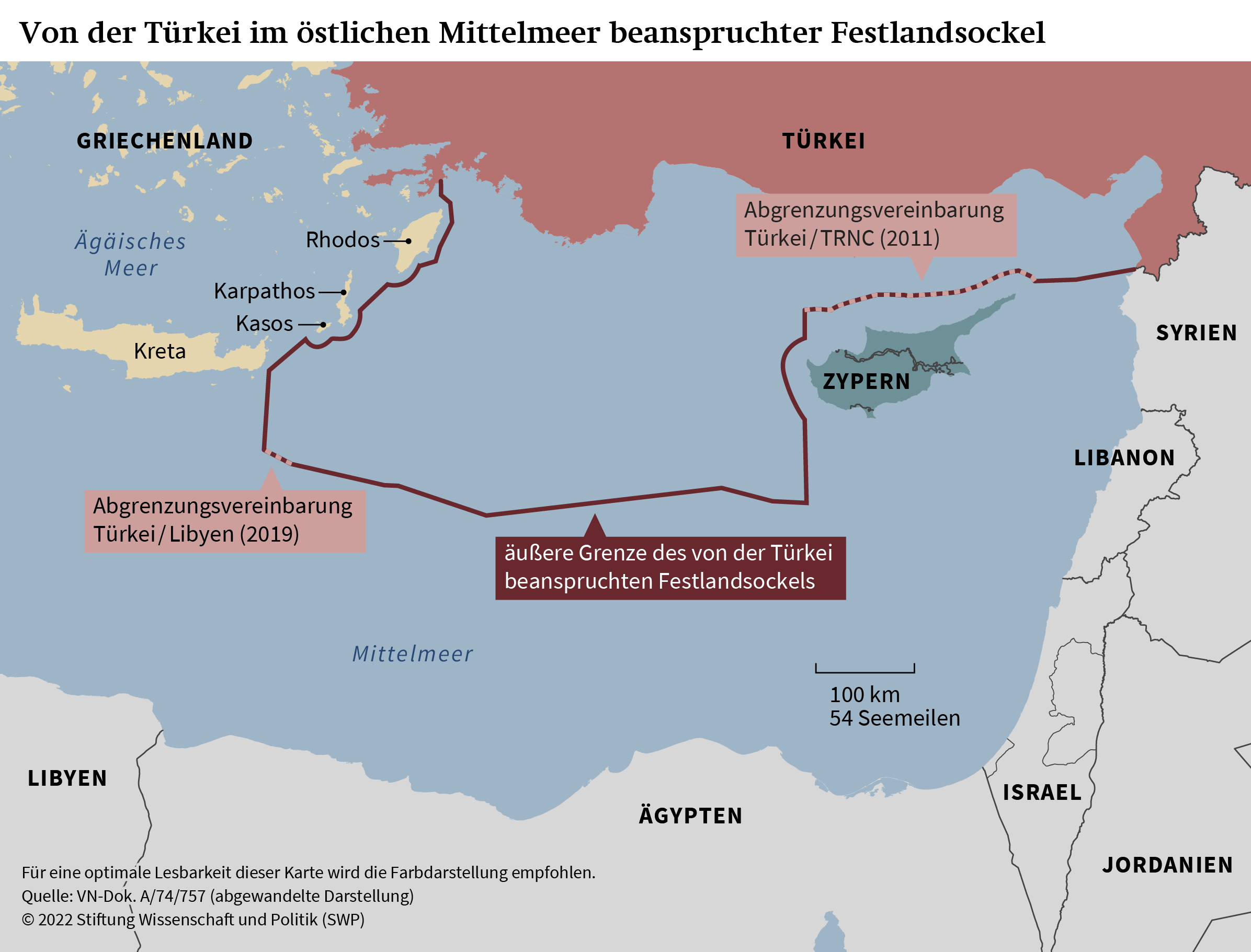
Greece's relations with another Mediterranean region, Egypt, were recently burdened by rumors that Cairo wanted to convert the world-famous St. Catherine's Monastery with its Greek Orthodox monks on the Sinai Peninsula into a museum. In addition, the Egyptian Air Force has just taken part in a military exercise in Turkey. Even though Cairo has now assured that the monastery will remain untouched. How do such incidents affect the relationship between Athens and Cairo?
According to both sides, the relations have taken on a strategic character over the past ten years. However, recent developments have shown their limits. The reactions were fierce, not only for religious and cultural reasons, but also because of economic interests related to the monastery's lands. Greco-Egyptian rapprochement intensified at a time when Egyptian-Turkish relations were deteriorating. If relations between Ankara and Cairo continue to improve, the strategic basis of Greco-Egyptian cooperation will be put to the test. This would primarily concern cooperation in the energy sector in the Eastern Mediterranean. The two countries have signed an agreement on the partial delimitation of exclusive economic zones. Athens and Cairo also share common interests in geopolitical issues such as the Palestinian issue.
Greece and Turkey have not been doing their best for a long time. The planned installation of a submarine cable and the establishment of marine parks in the Aegean Sea by the Greek government have sparked outrage in Turkey. In turn, Greece regards Turkish military exercises in the Aegean Sea and ongoing territorial claims as provocation. Summits have stalled. How can a further escalation be prevented?
At the moment, a conversation channel is working, which reduces the likelihood of a rapid worsening of the situation. This could only happen as a result of an external circumstance that is currently undetectable. Both sides are facing major challenges, both domestically and internationally. I therefore believe that neither the Greek nor the Turkish side will attempt to change the current state of bilateral relations.
How important are relations with neighboring countries such as Egypt, Libya and Turkey for Greece?
In theory, they're very important. In practice, they have been limited for decades: low trade, limited investment, political instability. Restoring meaningful relationships will require time, stability, and trust. It is not only a question of intentions but also of objective conditions.
Recently, the transfer of Patriot missile defense systems to the Souda US military base in Crete has caused concern. They are apparently intended to protect against retaliation in the Israel/Iran conflict. According to a report, Souda is said to have played a central role in the US attacks on Iranian nuclear facilities. How great is the threat to Greece?
The issue was more controversial before the ceasefire between Israel and Iran. Souda is one of the bases used by the US military, although we don't know the details. But I think that, rather than Greece, the concern is Cyprus, where there are British bases. The distance between Iran and Greece is long and the technical capabilities for an attack are limited. I don't see any real threat to Greece. There are many American bases — in the Gulf, in Turkey — and other targets that Iran can hit much more easily and at lower political costs. An attack on the EU would have a disproportionately high political price.

Ioannis Grigoriadis teaches as an associate professor at Bilkent University in Ankara. He is also a senior researcher at the Hellenic Foundation for European and Foreign Policy, a think tank in Athens (Photo: Grigoriadis)

